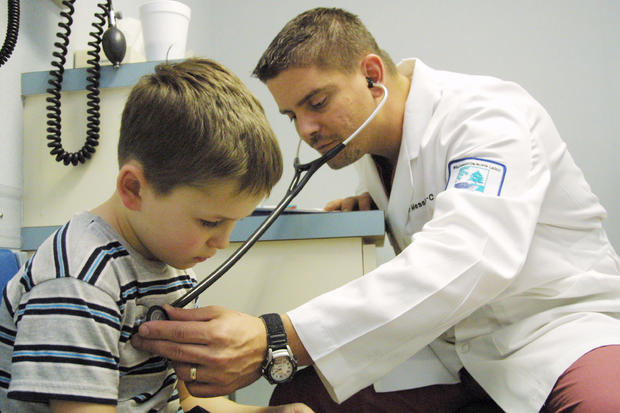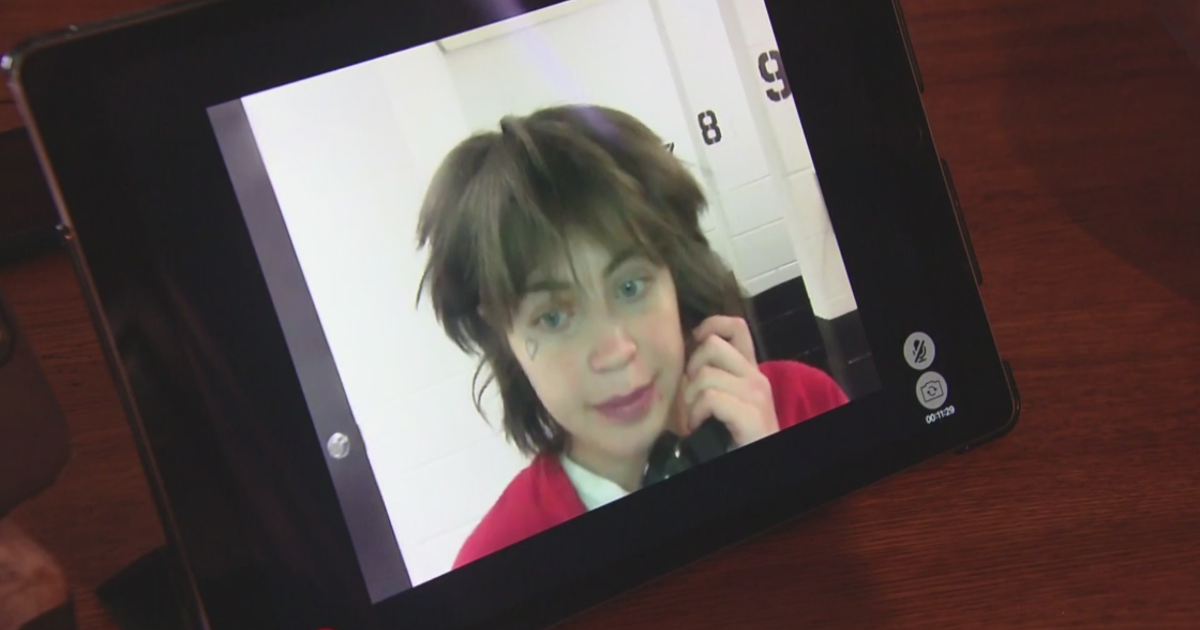When To Take Your Child To The Doctor For The Flu
(CBS4) -As a parent, this has been an especially frightening flu season as the bug sweeps through households, day care centers, and schools.
So far, influenza has killed at least 53 children this season, and that number is expected to rise when this week's flu report comes out. Hospitalizations are in the thousands. Then, there are countless others who have either been to the doctor's or have simply ridden the infection out at home and don't wind up showing up on some official report.
Two things stand out when you look at this year's flu season when it comes to kids:
About 80 percent of the children who have died or suffered complications were not immunized. This is huge.
Second, even though the biggest worry is with children who have some underlying illness, this year about half of the very severe cases have struck kids who are otherwise healthy. And of note, it has struck them hard and fast.
Why do children suffer so much when they get influenza. It's mainly the fact that their immune systems are simply not as mature ... and strong as an adult. That, plus airways that are smaller and don't have a lot of wiggle room when it comes to swelling and inflammation.
Most children who get the flu will get the disease without problems. Maybe three to four days of high fever with about seven days needed to really turn the corner. Many will cough for at least 10 to 14 days.
As parents, when do you need to get help for your child?
Number one, any child that seems to be getting better and then suddenly takes a turn for the worse needs an immediate look-see. Two, infants and toddlers need a really close eye kept on them. And any child under a year of age or one with an underlying disease or weakened immune system needs to be looked at.
Here are some other warning signs you need to know as a parent:
- Fast breathing or trouble breathing—almost as if the child is panting or straining to get air
- Bluish skin color
- Not drinking enough fluids—they should be urinating at least every eight hours
- Not interacting or having a "glazed" look
- Being so irritable that the child does not want to be held
- Fever with a rash
- Dizziness
- The best guideline though, is to trust your instincts as a parent. If your gut tells you something is wrong, take your child in to be evaluated.
- (And get that immunization!)
Dr. Dave Hnida is CBS4's Medical Editor. He blogs about the latest studies and trends in the health world. Read his latest blog entries, check out his bio or follow him on Twitter @drdavehnida




